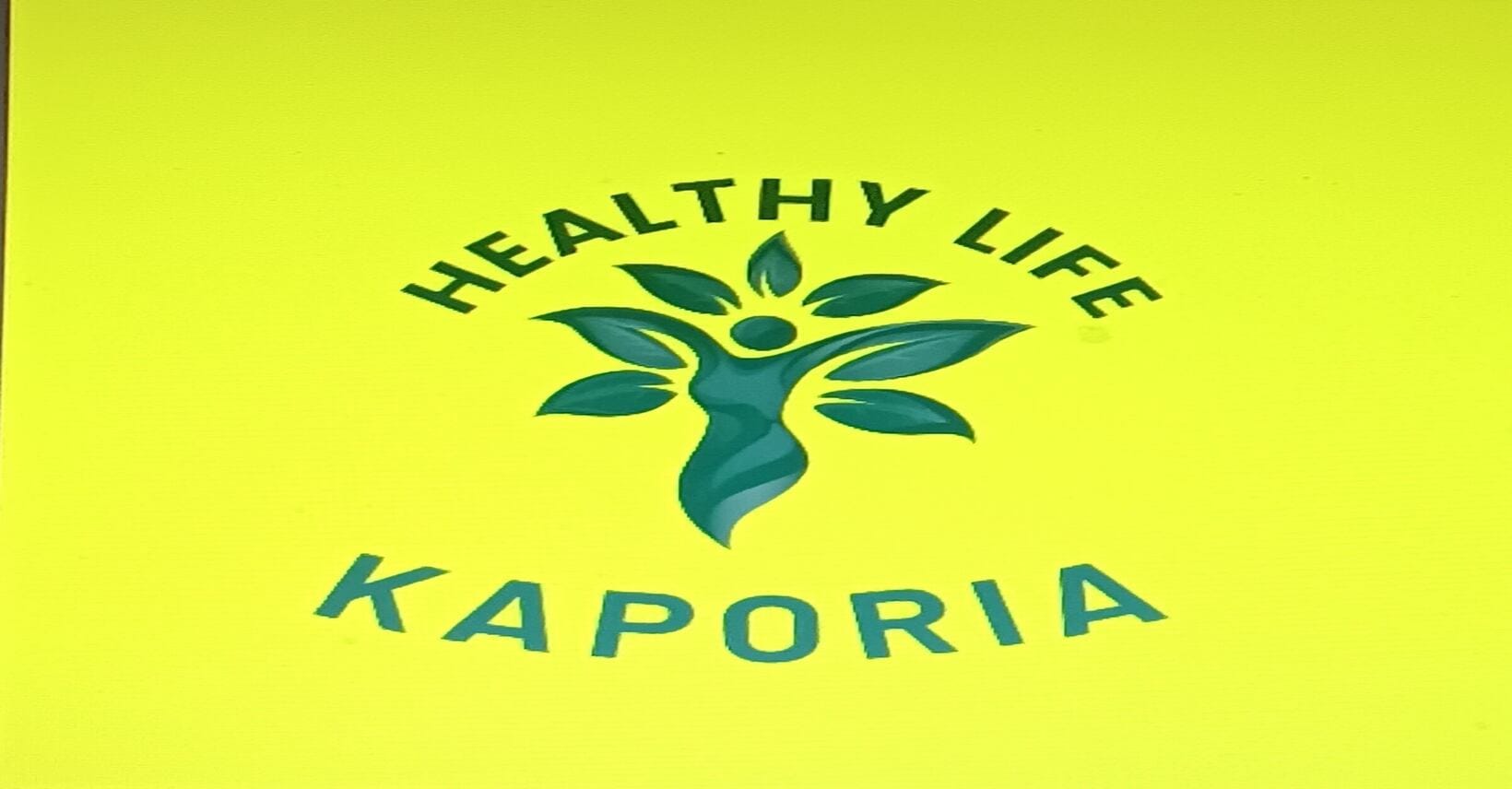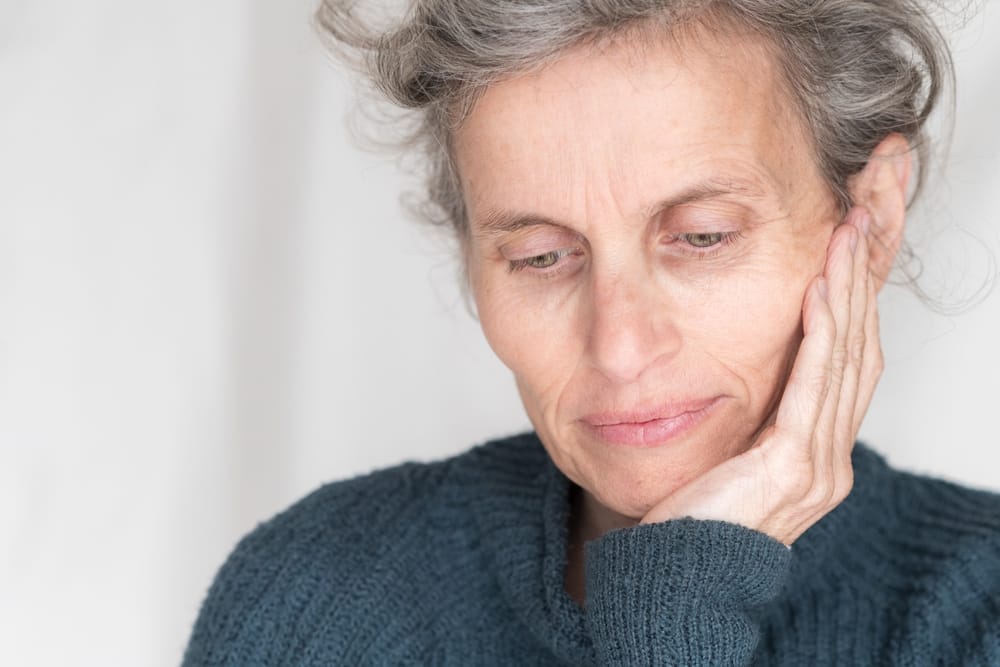[ad_1]
Schizophrenia and schizoaffective issues (collectively known as schizophrenia spectrum issues, SSD) present distinct patterns between women and men, together with age of prognosis, incidence charges, scientific presentation, and remedy response (Ochoa et al., 2012). For instance, we frequently observe a “female-specific and time-dependent deterioration” (Model et al., 2024, pg. 893) in girls over 45 who additionally expertise increased incidence charges and extra psychosis relapses than age-matched males, and youthful girls with SSD (Sommer et al., 2023).
One rationalization for these intercourse variations is the oestrogen safety speculation (evaluate, Sharpe, 2003). Menopause, sometimes occurring between ages 45-55, is marked by fluctuating and declining oestrogen ranges (Burger et al., 2007), resulting in secure and low ranges after the ultimate menstrual interval (Harlow et al., 2012). Oestrogen has neuroprotective results and modulates neurotransmitters techniques, together with these that are integral to the neurobiology of schizophrenia (Ross et al., 2006). Menopause could elicit larger vulnerability to psychosis and different psychiatric signs (Marwick, 2024) as a result of diminished hormonal modulation of crucial neurotransmitter techniques.
This decline in oestrogen could contribute to the rise in SSD signs. This has prompted analysis into how menopause hormone remedy (MHT) might assist mitigate psychosis relapse, additional supported by studies suggesting that increased doses of antipsychotic didn’t stop this deterioration in girls over 45 (Sommer et al., 2023). MHT, in any other case generally known as Hormone Alternative Remedy (HRT), makes use of artificial progestogen and/or oestrogen to alleviate menopausal signs like sizzling flushes. There are combined findings for the useful affect of MHT on SSD in menopausal girls, however not in a scientific and real-world context – till now. The authors (Model et al., 2024) studied the real-world effectiveness of MHT in stopping psychosis relapse in girls of menopausal age with SSD.

Does the decline in oestrogen throughout menopause enhance threat of schizophrenia diagnoses and psychosis relapse in girls over 45?
Strategies
This cohort examine recognized girls (organic intercourse) with an SSD prognosis who have been hospitalised in Finland between January 1972 to December 2014, as recorded in a hospital discharge register. The cohort was restricted to girls who initiated MHT from the ages of 40-62 throughout 1995 to 2017, with MHT publicity derived from the prescription register.
Comply with-up prolonged from MHT initiation to 2017 (or affected person dying). Psychosis relapse was measured as:
- Hospitalisation as a result of psychosis (main final result)
- Hospitalisation as a result of psychiatric cause (secondary final result)
Outcomes have been recorded on the hospital discharge register. Girls who modified MHT prescription have been included a number of instances within the follow-up, with every prescription examined individually.
Statistical evaluation
Analyses in contrast MHT durations of use to non-user durations. Throughout these time durations, main and secondary outcomes have been analysed utilizing stratified Cox fashions (by age teams: 40-49, 50-55, 56-62). Every affected person was their very own management after they had modifications to MHT and a hospitalisation occasion. Hazard ratios have been then carried out to measure threat of relapse for every final result with MHT use.
Outcomes
Cohort
An preliminary cohort of 30,785 girls was recognized, and this was diminished to three,488 girls on MHT. The observe up diverse between 3-15 years, relying on when MHT initiation occurred and when a affected person exited the examine. Girls with shorter follow-up durations have been both recruited in direction of the top of the examine or started a brand new MHT routine.
From the cohort, 52.70% had a least one hospitalisation as a result of psychosis and 63.20% had a least one hospitalisation as a result of psychiatric cause. Furthermore, 70.90% of girls have been on MHT for greater than a yr, and 54.50% of the cohort had only one interval of MHT use.
Importantly, 95.50% of the cohort reported at the very least one non-use interval, permitting for a within-subject comparability of the affect of MHT on hospitalisation outcomes.
Actual-world effectiveness of MHT on decreasing threat of hospitalisation as a result of psychosis
General, MHT use was related to a 16% discount in threat of relapse, significantly amongst girls aged 40-55. In distinction, girls who initiated MHT from the ages of 56-62 didn’t expertise a diminished threat of relapse.
When evaluating MHT formulations, it was discovered that oestrogen-only or oestrogen with progestogen confirmed comparable results, decreasing threat of relapse by 14 to 21%. Nonetheless, administrative route was necessary, as transdermal administration didn’t considerably scale back threat of relapse, whereas oral administration diminished threat of relapse by 13-18% for each oestrogen-only and oestrogen with progestogen mixtures.
Completely different oestrogenic and progestogenic compounds, various in chemical composition and efficiency, produced variations in effectiveness. Oestradiol-only and oestrogen with levonorgestrel, MPA, and norethisterone led to a 15 to 25% decrease threat of relapse. In distinction, oestriol-only or oestrogen with dydrogesterone didn’t scale back relapse threat.
Actual-world effectiveness of MHT on decreasing threat of hospitalisation as a result of psychiatric situation
The authors additionally discovered that threat of hospitalisation as a result of psychiatric cause decreased with MHT use, and the findings for various age teams, MHT formulations and administrative routes mirror the first final result outcomes.

Hormone remedy was related to a 16% diminished threat of psychosis relapse, and this relationship was strongest when hormone remedy was initiated earlier (e.g. from the ages of 40-55).
Conclusions
In a cohort of three,488 girls with SSD at menopausal age, MHT was linked to a 16% discount in relapse threat. This impact was significantly notable amongst girls who started MHT between the ages of 40-55, highlighting a time-sensitive advantage of intervention throughout menopause. Comparable traits have been noticed with threat of hospitalisation as a result of psychiatric situation. Effectiveness of decreasing threat in girls on MHT was depending on methodology of administration and formulations. These findings emphasise the necessity to tailor MHT regimens to particular person profiles to maximise advantages for relapse prevention in girls with SSD.

Personalising hormone remedies throughout menopause – contemplating age and remedy kind and formulation – could optimise psychological well being outcomes for ladies with schizophrenia spectrum issues.
Strengths and limitations
Model et al. (2024) spotlight a promising avenue of analysis for treating SSD utilizing MHT, which corroborates earlier findings on SSD signs and MHT use (Lindamer et al., 2001). The findings emphasise the potential to cut back hospitalisation as a result of psychosis and psychiatric cause, that are clinically-significant outcomes. Whereas the consistency throughout MHT formulations strengthens these findings, the variations between oral and transdermal administration raises additional questions on right administration or adherence to routine.
The naturalistic, observational knowledge permits for higher generalisation to real-world settings. Goal measures of relapse (hospitalisation) present sensible perception into extreme SSD circumstances, however the authors word that that is much less relevant to milder SSD circumstances the place symptom worsening would possibly manifest in purposeful impairments or non-hospitalised psychotic episodes. Future analysis could want to set up the consequences of MHT on SSD by means of goal scales that discover worsening SSD in day-to-day cases.
A key energy of this examine is the longitudinal monitoring, permitting contributors to function their very own management over time. This enables for management over time-dependent components, like baseline sickness severity or age. Antipsychotic remedy was managed to isolate the connection between MHT and psychosis relapse. Nonetheless, necessary confounding components, resembling ethnicity, household historical past of psychosis and way of life weren’t reported or managed. These components affect SSD prognosis, development, and outcomes, and the absence of ethnicity knowledge limits generalisation of those findings throughout numerous populations the place SSD presentation and entry to remedy could fluctuate.
One other methodological issue is that menopause was decided by age moderately than menstrual cycle data, which is usually used to characterise menopause (Harlow et al., 2012). This strategy could obscure the precise section of menopause, as totally different levels, resembling perimenopause, can contain extra pronounced menopausal signs that would exacerbate SSD. Higher characterisation of menopause on this cohort would make clear the timing and results of MHT initiation on relapse prevention.

Addressing methodological gaps and generalisability to the cohort pattern would supply deeper perception and encourage personalised remedy.
Implications for follow
This paper highlights the significance of prioritising girls’s well being by means of acceptable techniques, providers, and assist for ladies susceptible to psychosis relapse, significantly girls with prior hospitalisations. Tailor-made interventions, together with bettering entry to MHT on this weak group, might play a major function in decreasing relapse dangers and enhancing psychological well being outcomes. Whereas there stay some destructive connotations surrounding MHT use, which are sometimes centred round its security, the authors emphasise {that a} well-managed, individualised dose, which is tailor-made to components resembling age, could make MHT a useful remedy for ladies.
Whereas this examine demonstrates the affect of MHT on goal measures of relapse, it doesn’t discover subjective patient-reported outcomes, resembling affected person perceptions of wellbeing, symptom administration, or every day functioning. Incorporating patient-reported outcomes in future analysis would supply a extra holistic understanding of the affect of MHT, making certain that interventions not solely alter scientific markers but additionally meaningfully improve sufferers’ lived experiences.
Whereas this paper focuses on the scientific implications for ladies with current diagnoses, it additionally raises necessary questions in regards to the results of menopause on psychological well being in girls with out prior psychiatric situations, in step with the oestrogen speculation. By elevating consciousness, healthcare suppliers can assist girls higher perceive the connection between menopause and psychological well being, enabling earlier intervention and assist for many who could also be susceptible to creating psychosis or different psychological well being challenges throughout this transition.
Additional exploration is required to make sure the security and compatibility of MHT when used alongside prescribed antipsychotic drugs. It will draw higher conclusions about remedy efficacy in girls over 45, the place antipsychotic efficacy plateaus (Sommer et al., 2023). Moreover, analysis into the neural mechanisms underlying the connection between SSD and intercourse steroid hormones can also be crucial. It will permit for more practical, focused therapies for ladies susceptible to relapse throughout menopause to make sure improved psychological well being outcomes.

Extra analysis is required on MHT security, patient-reported outcomes, and the organic mechanisms linking intercourse hormones to psychological well being
Assertion of pursuits
No battle of curiosity to declare.
Hyperlinks
Major paper
Model, B. A., Sommer, I. E., Gangadin, S. S., Tanskanen, A., Tiihonen, J., & Taipale, H. (2024). Actual-world effectiveness of menopausal hormone remedy in stopping relapse in girls with schizophrenia or schizoaffective dysfunction. American Journal of Psychiatry, 181(10), 893-900. DOI: 10.1176/appi.ajp.20230850
Different references
Burger, H. G., Hale, G. E., Robertson, D. M., & Dennerstein, L. (2007). A evaluate of hormonal modifications through the menopausal transition: give attention to findings from the Melbourne Girls’s Midlife Well being Mission. Human copy replace, 13(6), 559-565.
Harlow, S. D., Gass, M., Corridor, J. E., Lobo, R., Maki, P., Rebar, R. W., … & STRAW+ 10 Collaborative Group. (2012). Government abstract of the Phases of Reproductive Growing old Workshop+ 10: addressing the unfinished agenda of staging reproductive getting old. The Journal of Medical Endocrinology & Metabolism, 97(4), 1159-1168.
Lindamer, L. A., Buse, D. C., Lohr, J. B., & Jeste, D. V. (2001). Hormone alternative remedy in postmenopausal girls with schizophrenia: constructive impact on destructive signs?. Organic psychiatry, 49(1), 47-51.
Marwick Okay. The affect of the menopause in first onset of psychological sickness. The Psychological Elf, 3 Oct 2024.
Ochoa, S., Usall, J., Cobo, J., Labad, X., & Kulkarni, J. (2012). Gender variations in schizophrenia and first‐episode psychosis: A complete literature evaluate. Schizophrenia analysis and remedy, 2012(1), 916198.
Ross, C. A., Margolis, R. L., Studying, S. A., Pletnikov, M., & Coyle, J. T. (2006). Neurobiology of schizophrenia. Neuron, 52(1), 139-153.
Sharpe, R. M. (2003). The ‘oestrogen speculation’–the place will we stand now? 1. Worldwide journal of andrology, 26(1), 2-15.
Sommer, I. E., Model, B. A., Gangadin, S., Tanskanen, A., Tiihonen, J., & Taipale, H. (2023). Girls with schizophrenia-spectrum issues after menopause: a weak group for relapse. Schizophrenia Bulletin, 49(1), 136-143.
Photograph credit
[ad_2]
Source link

